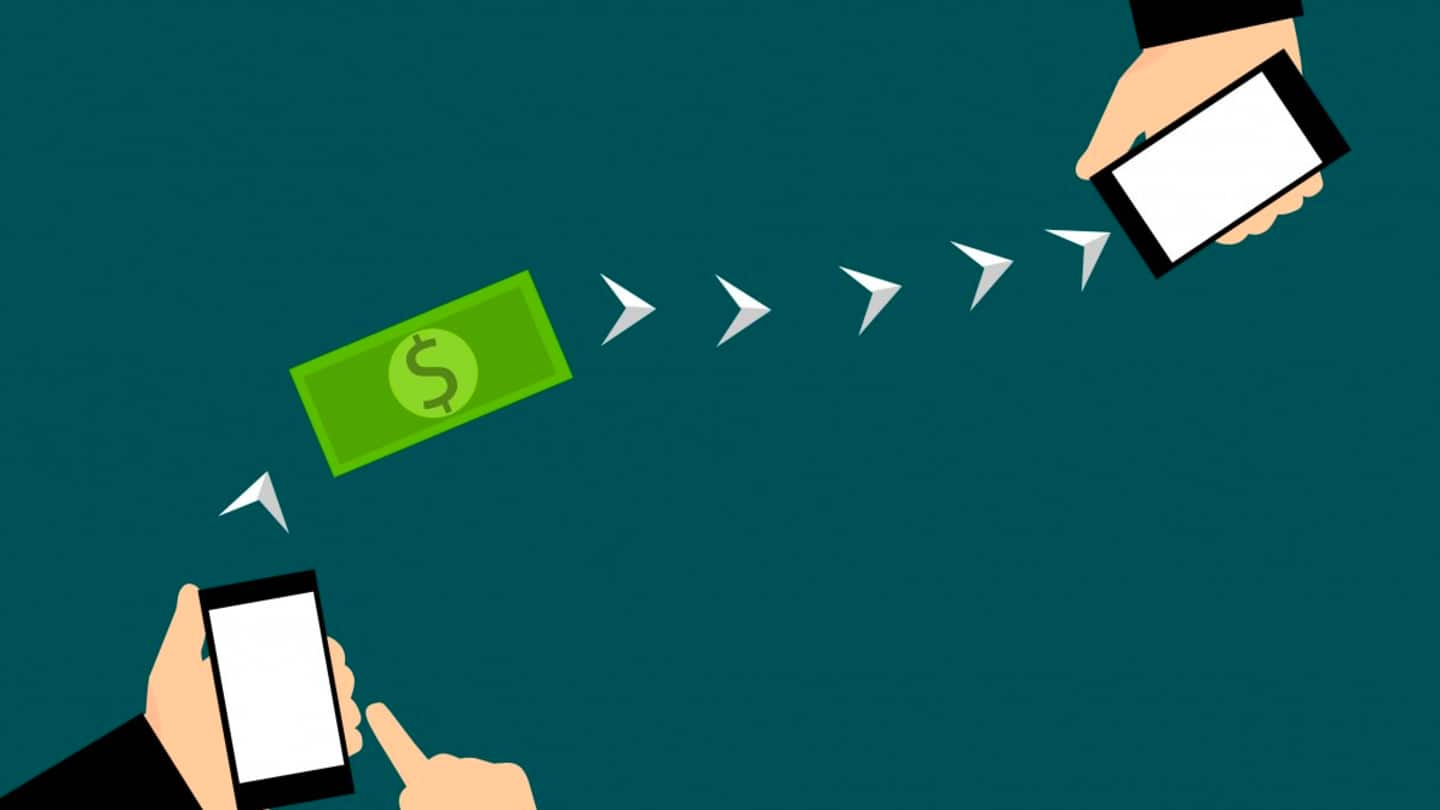
IMPS, NEFT, RTGS, UPI: Everything to know about online transfers
What's the story
With the government's increasing focus on Digital India, it has gradually attempted to create a cashless economy. Interfaces like UPI are a product of changing times. But with so many options available for digital transactions — NEFT, RTGS, IMPS, e-wallets — how do you decide which is the best option for your needs? Here's a guide that will help you figure it out.
NEFT
Use this for smaller, non-urgent transactions
National Electronic Fund Transfer is the most common method of transfer from one bank account to another. It can be used through the banks' websites/apps. The maximum limit for a single transaction is Rs. 10 lakh. International transfers are allowed. Transactions are charged from Rs. 2.5-25 plus taxes and are usually done in several batches throughout the day. It is most suited for individuals.
RTGS
This is for larger, real-time transfers
Real-Time Gross Settlement, meanwhile, facilitates large transfers. The minimum limit is Rs. 2 lakh with no maximum limit. Unlike NEFT, it transfers the money in real-time. Charges levied are higher. It can be done on the bank's website or app; international transfers are allowed. For both NEFT and RTGS, the details of the beneficiary have to be registered before transactions can be done.
IMPS
Use this for immediate payments to registered beneficiaries
Immediate Payment Services is a more consumer-centric service that works 24x7. The limit of transactions can vary from bank to bank. Both the sender and the beneficiary have to be registered for IMPS. The beneficiary's account number and bank IFSC number are necessary to make transactions. Recently, the SBI waived off charges for IMPS transactions of up to Rs. 1,000.
e-wallets
Paytm, Airtel, and more: e-Wallets for instant digital payments
Some major e-wallets in the market are Paytm, Airtel Money, and PhonePe. These are virtual wallets that can be recharged and then used to pay at affiliated stores. They can also be used to pay bills for phones, electricity, and more. The exact list of services varies from one brand to another. The registered phone number of the beneficiary is needed for transactions.
UPI
Latest way to transfer funds and make payments
Unified Payments Interface can be linked to your bank account and used for payments through partnered merchants. It is available on different banks' apps and some e-wallets like PhonePe. One advantage is that a transaction goes through only when you enter a preset PIN, thus making it safe. It is available 24x7 but is capped at Rs. 1 lakh.
Information
SBI has reduced charges on NEFT, RTGS
Earlier this month, SBI reduced charges on NEFT and RTGS transactions by up to 75% to encourage more digital transactions. However, after demonetization, what is most needed is interfaces/programs that allow users to go cashless at retail stores. The government needs to work on that.